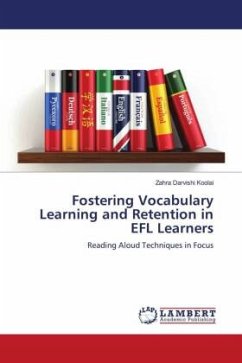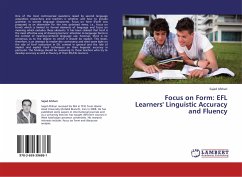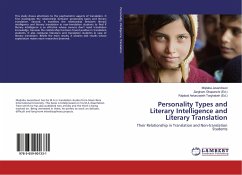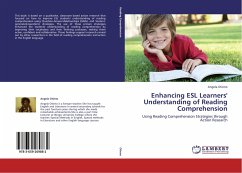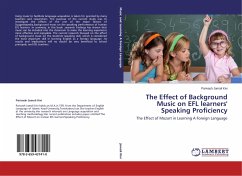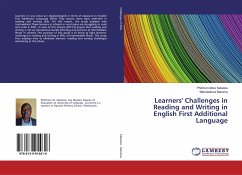Humanistic approaches place the individual s thoughts, feelings and emotions at the forefront of all human development. Learning and particularly language learning is not an exception. Learners unique characteristics may be the most responsible variables causing difference among learners with respect to their learning habits and consequently their language performance. The purpose of this study was to search for the probable effects of learners characteristics on linguistic properties of their writings. Learners characteristics were studied via three main leaner variables; affective, cognitive, and biological variables. Extroversion/ introversion (affective), reflectivity/ impulsivity (cognitive), and gender (biological) were selected as three variables via which the learners could be categorized into different groups. The linguistic properties of the learners written performance were measured through Syntactic Complexity and Lexical Complexity.
Bitte wählen Sie Ihr Anliegen aus.
Rechnungen
Retourenschein anfordern
Bestellstatus
Storno



